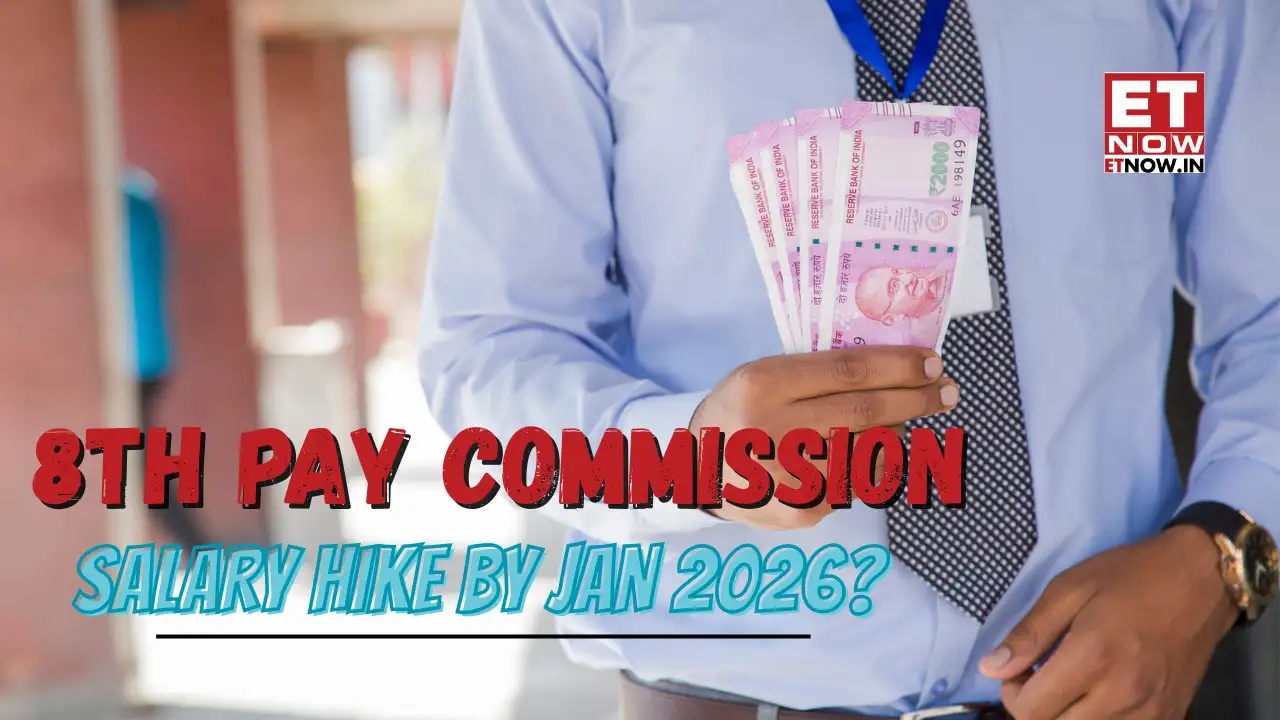
Central Government Employees Await 8th Pay Commission Implementation Amid Implementation Delays
The 8th Pay Commission, tasked with revamping salary structures for over 11.2 million central government employees and pensioners, has sparked widespread speculation about its implementation timeline. While initial reports suggested a potential rollout by January 2026, recent analyses indicate delays are likely, pushing the effective date to financial year 2027. The commission’s delayed progress, marked by the absence of chairman appointments and terms of reference, has raised concerns among employees facing persistent inflationary pressures. Historically, Pay Commissions have taken around two years from formation to implementation, with the 7th Pay Commission’s effective date delayed by nearly two years after its 2014 announcement. Analysts warn that without immediate budgetary allocations, the 8th Pay Commission’s delayed rollout could exacerbate financial strain on employees and pensioners, who rely on regular salary adjustments to combat inflation.
Salary Hikes and DA Adjustments: Financial Implications for Central Government Employees
The anticipated 30-34% salary hike under the 8th Pay Commission could significantly impact the financial landscape for central government employees. However, the delayed implementation risks creating a backlog of arrears, particularly for Dearness Allowance (DA) adjustments. DA, revised twice annually in January and July, is typically effective from the start of these months but paid retroactively in subsequent months. For example, the 2025 DA hike was delayed, prompting employees to wait for adjusted compensation in April. If the 8th Pay Commission’s recommendations are not finalized by December 2025, the delay could lead to larger arrears payments, compounding financial challenges. Ambit Capital’s report highlights that a basic pay of Rs 50,000 could see DA adjustments reaching 60% by 2025, with salary increases potentially ranging from 14% to 54% depending on final recommendations.
Implementation Challenges and Budgetary Constraints: Key Barriers to Timely Rollout
The 8th Pay Commission’s delayed implementation is attributed to bureaucratic inertia and insufficient budgetary planning. Despite its formal announcement in January 2025, critical milestones such as chairman appointments and terms of reference remain pending. Legal experts emphasize that Pay Commissions, with a 10-year tenure, historically require two years for implementation, making a 2026 rollout improbable. The Union Budget 2025-26 failed to allocate funds for the commission, with Ambit Capital estimating an additional Rs 1.8 trillion needed for the proposed salary hikes. This lack of administrative momentum has led to frustration among employees, who face inflationary pressures without timely compensation adjustments. Legal analysts warn that retrospective revisions, while possible, may not alleviate the financial strain caused by prolonged delays.
DA Adjustment Mechanism and Arrears Management: Navigating Financial Delays
The DA adjustment mechanism, crucial for maintaining purchasing power, operates on a bi-annual cycle, with revisions effective in January and July. However, employees only receive the adjusted compensation retroactively, often months after the effective date. For instance, the 2025 DA hike, announced in January, was delayed until April, causing financial strain for recipients. If the 8th Pay Commission’s implementation is further postponed, the arrears could balloon significantly, particularly for employees facing multiple DA adjustments. The Ambit Capital report underscores that delayed DA hikes could lead to substantial arrears payments, with the government potentially owing millions in accumulated adjustments. This highlights the critical need for timely implementation to prevent financial distress among central government employees and pensioners.
Strategic Implications for Government Finances and Employee Satisfaction
The delayed rollout of the 8th Pay Commission poses strategic challenges for both the government and its employees. While the proposed salary hikes could enhance employee satisfaction, the financial burden of delayed implementation may strain public finances. The absence of budgetary allocations for the commission exacerbates this issue, as the government would need an additional Rs 1.8 trillion to fund the proposed adjustments. Legal experts caution that without proactive measures, the delay could erode public trust in the government’s ability to manage employee compensation. The 8th Pay Commission’s success will depend on resolving bureaucratic bottlenecks and ensuring timely financial planning to avoid further delays in salary and DA adjustments.




